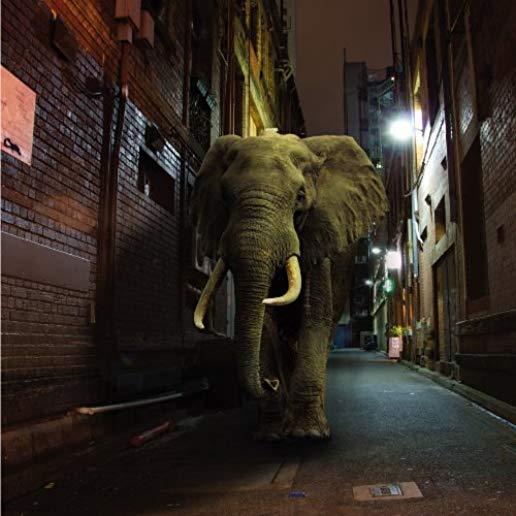
description
8
The daughter of a Chinese mother and a Japanese father, Gail Tsukiyama's The Samurai's Garden uses the Japanese invasion of China during the late 1930s as a somber backdrop for this extraordinary story.
A 20-year-old Chinese painter named Stephen is sent to his family's summer home in a Japanese coastal village to recover from a bout with tuberculosis. Here he is cared for by Matsu, a reticent housekeeper and a master gardener. Over the course of a remarkable year, Stephen learns Matsu's secret and gains not only physical strength, but also profound spiritual insight. Matsu is a samurai of the soul, a man devoted to doing good and finding beauty in a cruel and arbitrary world, and Stephen is a noble student, learning to appreciate Matsu's generous and nurturing way of life and to love Matsu's soulmate, gentle Sachi, a woman afflicted with leprosy.member goods
No member items were found under this heading.
Return Policy
All sales are final
Shipping
No special shipping considerations available.
Shipping fees determined at checkout.







